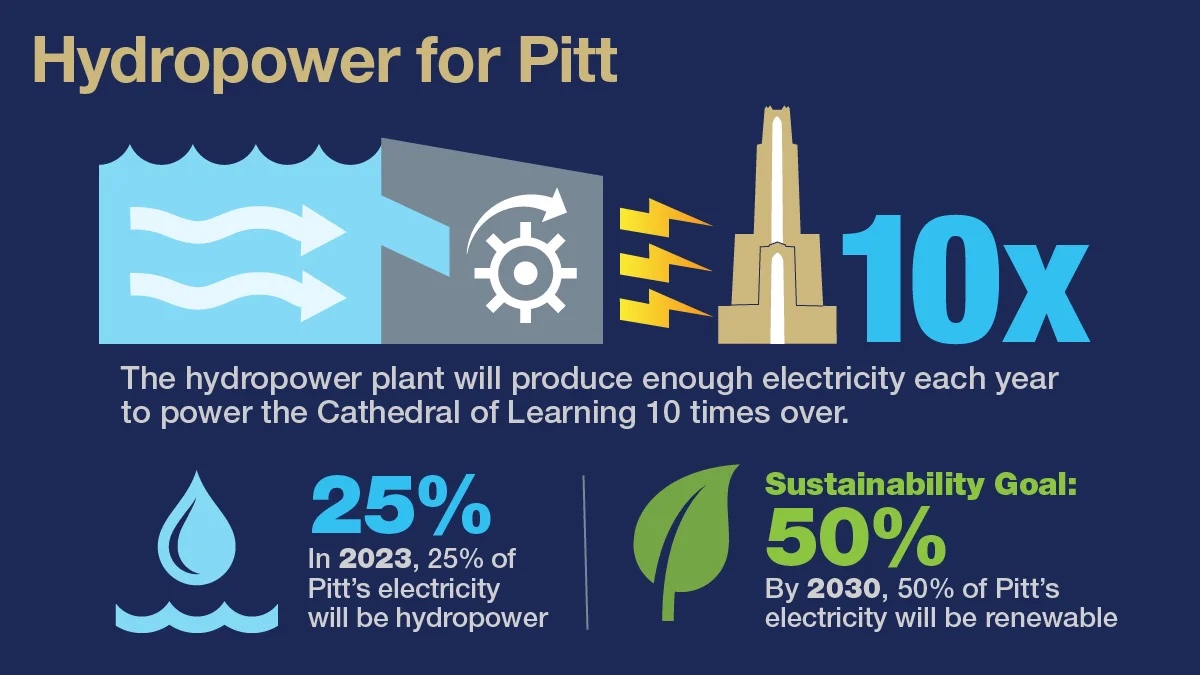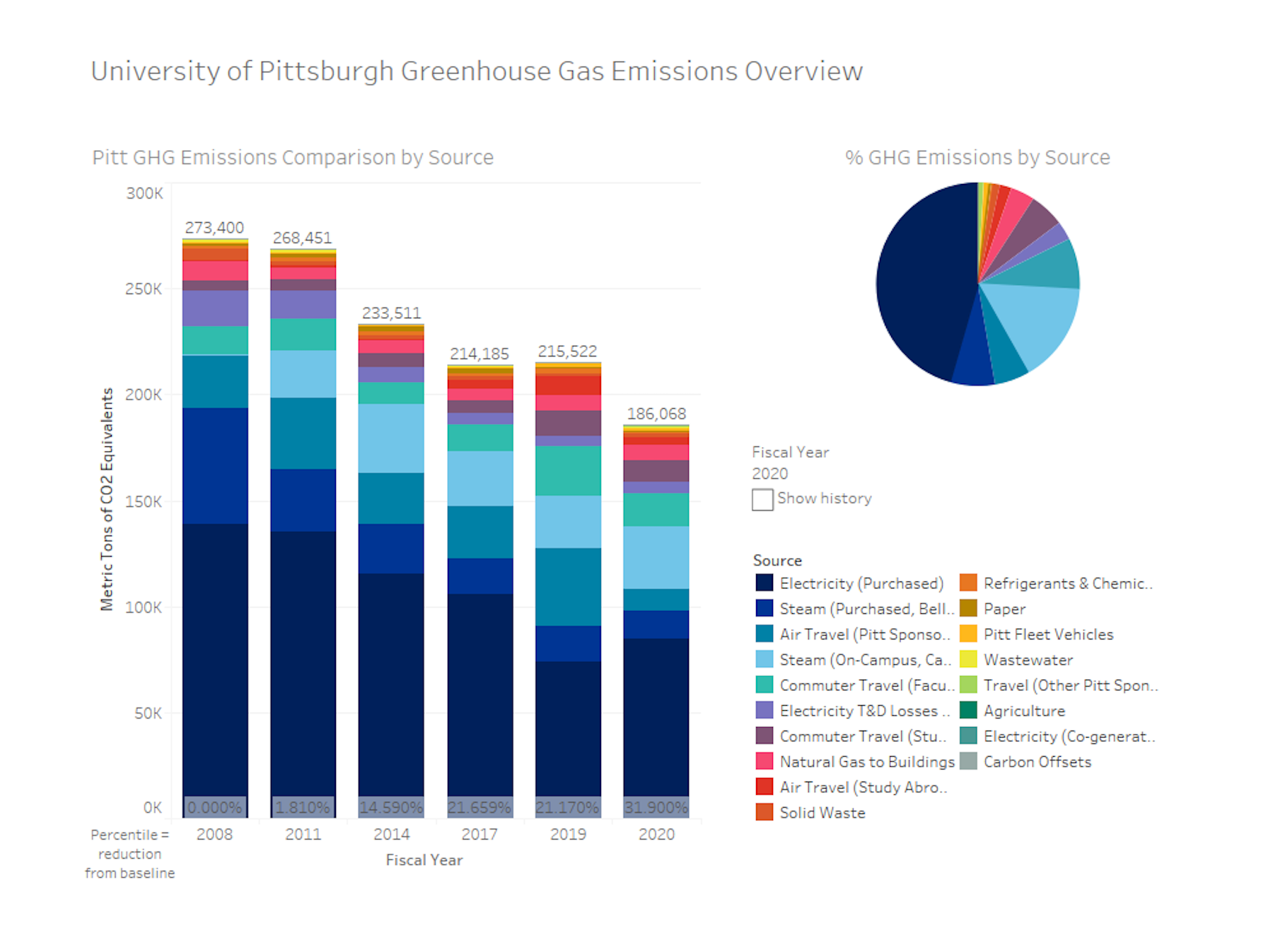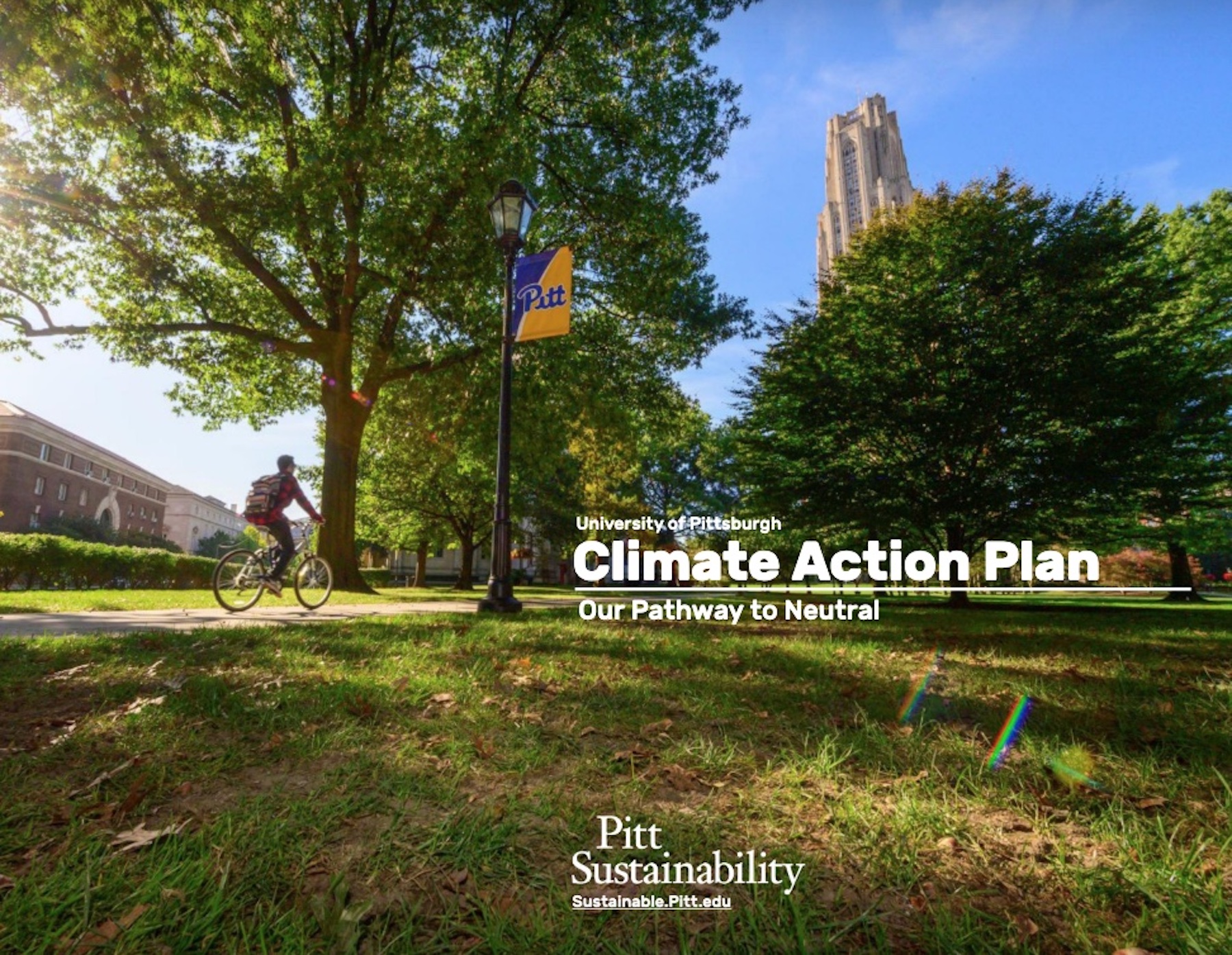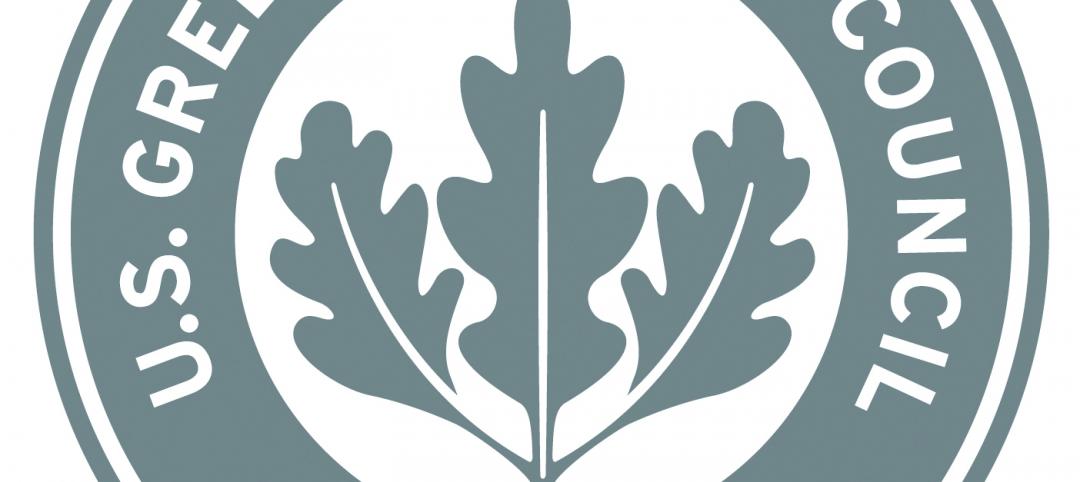The University of Pittsburgh has released the Pitt Climate Action Plan, detailing how the University will achieve its goal to go carbon neutral by 2037 through investments in clean energy, transportation, efficiency and other areas. By 2037, efforts detailed in the plan will result in a net reduction in annual emissions equivalent to taking more than 45,000 cars off the road.
AMBITIOUS GOAL RESTS ON 3 PILLARS
The report details three pillars for achieving 2037 goals: energy demand reduction; clean supply via renewable and clean energy investment; and low carbon connections via active, shared and low carbon mobility.
Planned investments in energy efficiency will decrease the use of utilities on campus, while investments in electricity generation, including agreements for local hydroelectric and solar power that are already underway, will help ensure that the energy the University does consume is clean.

Energy demand reductions from space use optimization, existing building efficiency, and new building performance will enable the university to avoid 27,100 metric tons of carbon dioxide equivalent (MT CO2e). Carbon emissions will be reduced by establishing and supporting low carbon connections for commuting and air travel through strategies such as shifting commuting modes to more active, shared, and low carbon choices; an increase in flex work arrangements, air travel reductions, and air travel offsets.
'NEED FOR URGENCY' IN 2037 GOAL
“The Pitt Climate Action Plan lays out our institutional climate action strategy for the University community and details how they can get involved,” said Pitt Director of Sustainability Aurora Sharrard, who also chairs the Carbon Commitment Committee of the Chancellor’s Advisory Council on Sustainability responsible for compiling the plan. “Many higher education institutions have set a 2050 goal. The 2037 goal recognizes the need for urgency in addressing the climate emergency, while also allowing for the longer-term planning necessary to pursue sustainable solutions”
Pitt has already made substantial progress in reducing its carbon footprint: The school’s most recent greenhouse gas inventory showed a 32% decrease in emissions between 2008 and 2020, thanks in part to a shift to cleaner steam plants and ongoing energy efficiency projects in campus buildings.

The committee will update the Pitt Climate Action Plan every five years, detailing and making public the ongoing work toward carbon neutrality at Pitt.
“We have a responsibility to our larger communities, both in Pittsburgh and our regional campuses, to ensure that we’re communicating what we’re doing as a thought and practice leader to help other institutions find their own way,” she said. “The global call is for carbon neutrality by 2050. It’s going to take a lot more than just us to get there.”
Related Stories
| Feb 20, 2012
Comment period for update to USGBC's LEED Green Building Program now open
This third draft of LEED has been refined to address technical stringency and rigor, measurement and performance tools, and an enhanced user experience.
| Feb 17, 2012
Tremco Inc. headquarters achieves LEED Gold certification
Changes were so extensive that the certification is for new construction and not for renovation; officially, the building is LEED-NC.
| Feb 16, 2012
Summit Design + Build begins build-out for Emmi Solutions in Chicago
The new headquarters will total 20,455 sq. ft. and feature a loft-style space with exposed masonry and mechanical systems, 15 foot clear ceilings, two large rooftop skylights and private offices with full glass partition walls.
| Feb 16, 2012
Big-box retailers not just for DIYers
Nearly half of all contractor purchases made from stores like Home Depot and Lowe's.
| Feb 16, 2012
4.8-megawatt solar power system completed at Jersey Gardens Mall
Solar array among the largest rooftop systems in North America.
| Feb 15, 2012
Fourth-generation Ryan to lead Ryan Companies AE team
Ryan leads a team of eight architects, four civil engineers, two landscape architects and two virtual building specialists in their efforts to realize their customer’s vision and needs through Ryan’s integrated project delivery system.
| Feb 15, 2012
Code allowance offers retailers and commercial building owners increased energy savings and reduced construction costs
Specifying air curtains as energy-saving, cost-cutting alternatives to vestibules in 3,000-square-foot buildings and larger has been a recent trend among consulting engineers and architects.
| Feb 14, 2012
SAIC selected for architectural and engineering design services at Lajes Field, Azores
SAIC’s services will include a broad variety of new construction projects and maintenance and repair projects
| Feb 14, 2012
Thornton Tomasetti names Al Hashimi vice president for its Middle East Operations
Al Hashimi is joining the company to help expand Thornton Tomasetti’s business in the region and support clients locally.
| Feb 13, 2012
WHR Architects renovation of Morristown Memorial Hospital Simon Level 5 awarded LEED Gold
Located in the Simon Building, which serves as the main entrance leading into the Morristown Memorial Hospital campus, the project comprises three patient room wings connected by a centralized nursing station and elevator lobby.

















